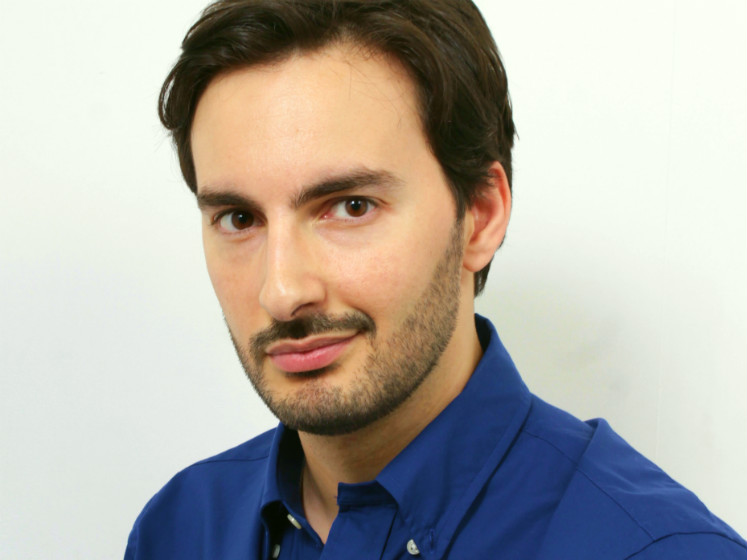 Gianfranco Polizzi
Gianfranco Polizzi
What are you currently researching?
My research is on how digital literacy and civic, political engagement shape one another. I am particularly interested in the critical dimension of digital literacy, approached not only as the ability to evaluate online content but as knowledge about the broader digital environment as embedded in power structures.
During my fieldwork, I interviewed and collected diaries from information/IT/media specialists in the UK, who have knowledge about the internet but vary in terms of their civic, political engagement. I also interviewed and collected diaries from activists and individuals involved in institutional politics, who are engaged civically and politically but have different levels of digital literacy.
What attracted you to this area of research?
I am interested in education and how both children and adults can learn digital literacy. In addition, as reflected in what I am currently researching, I have an interest in digital literacy in the context of democracy and civic, political engagement.
Not only does my research represent a contribution to an area that is under-explored, but it is also timely. Growing concerns about online misinformation undermining elections and democratic participation make it imperative for citizens of all ages to use the internet critically.
How will your research improve or have a wider impact on society?
My approach to digital literacy as incorporating knowledge about the broader digital environment has educational implications for how the national curriculum should promote it in school.
In addition, my research contributes to policy debates on how to reach adults. Media outlets such as the BBC have published tips on how to spot fake news to educate the public. My research can help the media sector do this by shedding light on how information/IT/media experts engage with online content.
Furthermore, it explores how citizens can learn digital literacy through their civic, political engagement. As I am interested in the practical policy implications of digital literacy, I have published on the LSE Media Policy Project blog and the LSE Parenting for a Digital Future blog, and I have submitted both written and oral evidence to the UK Parliament on misinformation and digital literacy.
What do you hope to do career-wise, long term?
I wish to continue working in academia as a researcher and lecturer, while also having an impact outside academia.
What are your top three tips to prospective students on the most effective way to approach research and keep stress levels down?
1) Embrace the collaborative spirit that distinguishes academia. There is a lot that you can learn from your colleagues.
2) Be willing to welcome criticism. Identifying weaknesses in your research is key to improving your work.
3) Be as organised as possible. Developing and following a relatively flexible work plan can help you reduce stress levels.
What resources are available at LSE to help young researchers?
LSE allows you to thrive as a young researcher, offering plenty of resources. To mention a few, not only do you benefit from the incredible support of departmental supervision, but you are also supported by LSE Library and the PhD Academy, which provides doctoral researchers with guidance and training.
Furthermore, while the LSE Teaching and Learning Centre helps you develop your teaching skills, the LSE Research Division supports you in applying for research grants. LSE Careers, in addition, helps you with your career plans.
What do you enjoy most about studying at LSE?
I enjoy, and feel privileged to be, doing research in the Media and Communications Department, interacting with academics and students who share enthusiasm for education and research, rigorous commitment to excellence, and genuine support for each other.